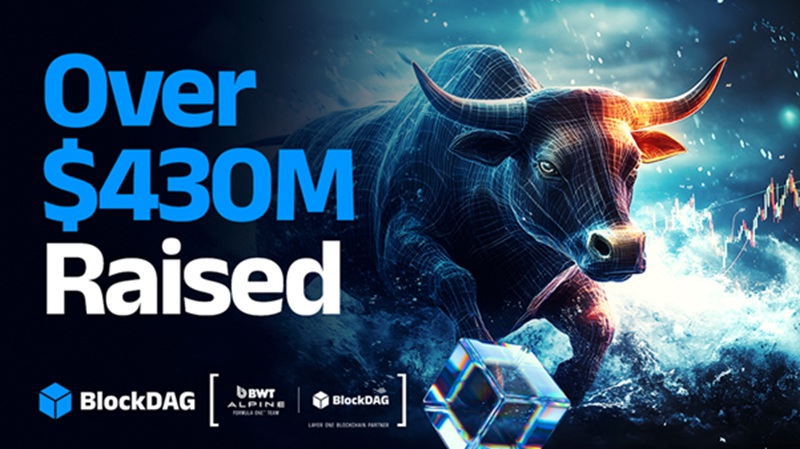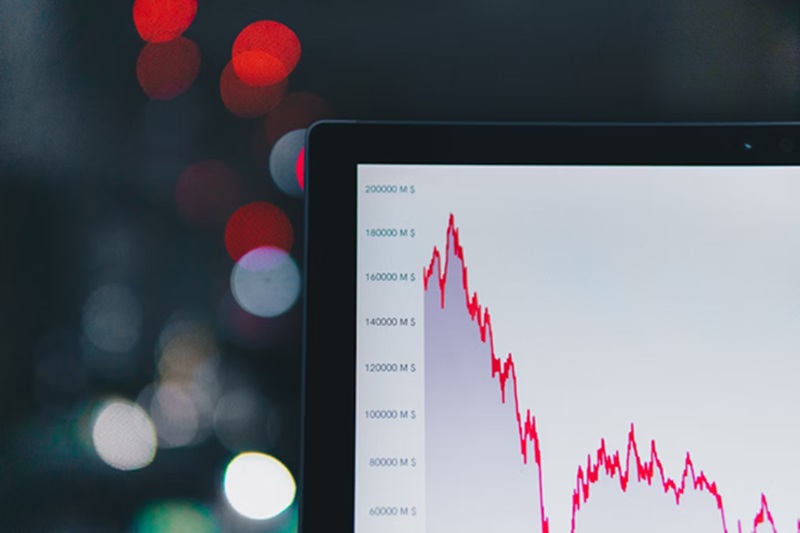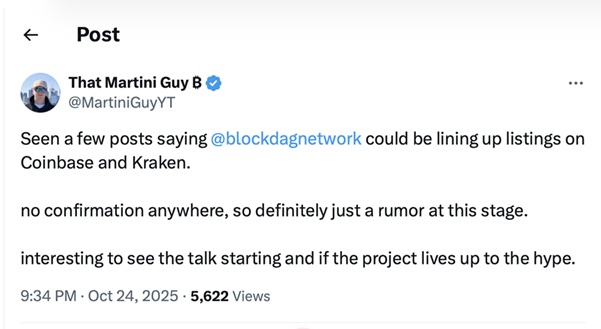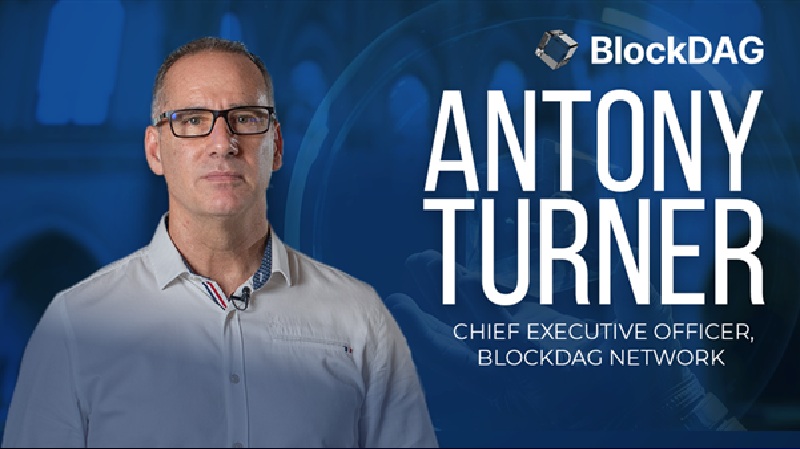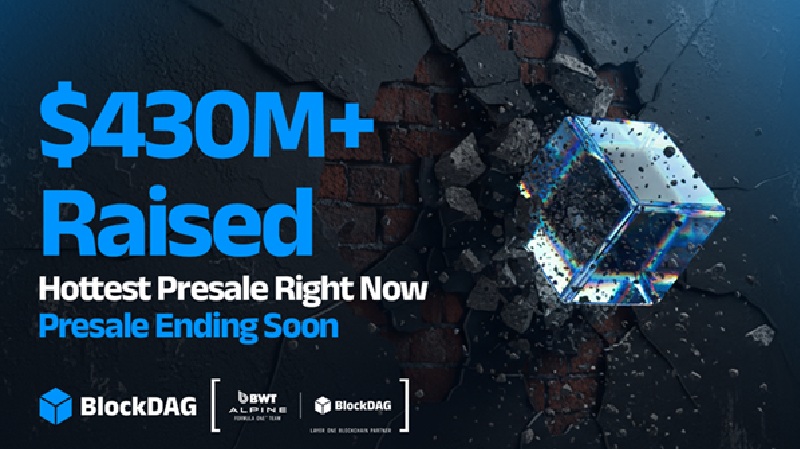Flying Tulip ($FT) is a full-stack on-chain DeFi platform founded by Andre Cronje known for Yearn.finance and Fantom/Sonic Labs, designed as a unified “on-chain Binance” alternative.
It integrates spot trading, perpetual futures (perps), options, lending, stablecoins (ftUSD), and more into a single cross-margin system, emphasizing capital efficiency, up to 1000x leverage, and oracleless execution for reduced risks.
Built initially on Sonic ($S) with multi-chain support Ethereum, Avalanche, BNB Chain, Solana, it recently raised $200M in seed funding at a $1B FDV, with an $800M public sale planned on-platform.
A key innovation is the “perpetual put option,” allowing token holders to burn $FT for principal redemption (e.g., in ETH or ftUSD) anytime, creating a built-in price floor backed by yields from deployed capital (targeting ~4% APY via Aave, Ethena, Spark).
The project is pre-launch as of October 29, 2025, with no live products yet. The roadmap, released October 27, 2025, outlines a deliberate, audit-heavy rollout spanning 3-4.5 years each phase ~2-3 months, including dev, freeze, 3 audits, and prep.
Each phase releases independent, fully functional products, with $FT gaining utility progressively. Revenue from later stages funds $FT buybacks and burns.Roadmap PhasesThe roadmap is structured as a “waterfall” process: no phase advances until the prior one is audited and stable.
Focus is on permissioned testing before full openness, with internal pricing engines for perps to avoid oracle vulnerabilities. Expect $800M sale details soon, with yields ~$40M/year target funding incentives.
This activates $FT utility and the perpetual put.
Permissioned perps launch—core DEX functionality with internal engines, high leverage, and audited safety. Initial focus on Sonic for speed its EVM-compatible L1.
Permissionless perps and adaptive AMM, enabling open trading and liquidity bootstrapping. Full ecosystem with oracles/apps, turning Flying Tulip into a revenue-generating hub (e.g., prediction markets feeding $FT burns).
85% capital efficiency gains vs. fragmented DEXs; no team allocations; institutional compliance built-in; refundable model reduces FOMO-driven dumps. Long timeline may test patience; dependency on Sonic’s growth; competition from Hyperliquid/Drift V3.
What is the Perpetual Put Option in Flying Tulip?
The Perpetual Put Option is Flying Tulip’s flagship tokenomics mechanism — a built-in, always-on downside protection for $FT holders.
It allows any $FT holder to burn their tokens at any time in exchange for a guaranteed redemption of underlying principal value, paid in stable assets like ETH or ftUSD. Think of it as a non-expiring, American-style put option that the protocol itself writes and guarantees — without counterparty risk, without premiums, and without expiration.
Capital Raised via $FT Minting During the public sale (Phase 1), users mint $FT by depositing ETH, USDC, etc. 100% of raised capital is deployed into low-risk, yield-generating strategies (e.g., Aave, Ethena sUSDe, Spark DAI ? targeting ~4% APY).
$FT becomes a claim on this capital + yields. Each $FT represents a pro-rata share of the total deployed treasury principal + accrued yields. This treasury grows over time from lending/perps fees. Burn $FT ? Redeem Principal Holder sends $FT to a burn address.
You made $40 profit just by holding and exiting safely. Even if $FT dumps to $0.50 on market panic, you can still redeem ~$1.04 per token. Team can’t dump — all capital is locked in audited, yield-bearing positions. Holders know they can exit at floor ? less panic selling.
New $FT mints only via public raises ? treasury grows proportionally. Treasury underperforms yields < 4%. Diversified across Aave, Ethena, Spark; dynamic rebalancing. Treasury is liquid; protocol can pause minting if needed.
Capital locked in safe yields ? no 100x moonshots. Not full upside protection. Only guarantees floor, not profit lock-in. $FT is a token you can always burn to get back your original capital + accrued yields — creating a rising, on-chain guaranteed floor price backed by real DeFi revenue.
Boximus Limited Edition Otherside’s Avatar Goes Live in Partnership with Amazon on Thursday
The limited-edition Boximus Voyager avatar for Yuga Labs’ Otherside metaverse is set to go live tomorrow, Thursday, October 30, 2025, in partnership with Amazon Gaming.
This collaboration marks a significant push to integrate Otherside into mainstream gaming, leveraging Amazon’s massive user base of over 300 million to onboard new players to the metaverse.
Boximus is a co-branded NFT character designed as a playful, stackable figure made of Amazon shipping boxes, serving as an explorer or “Voyager” in the Otherside world.
Availability is xclusively through the new Otherside brand store on Amazon’s gaming section. Otherside will also be prominently featured on the front page of Amazon Gaming for broader visibility.
Maximum is supply 2,222 units. Priced at $65.99 per edition. Purchase limit is 2 per basket to encourage wider distribution. Boximus is a tokenized NFT avatar built using Yuga Labs’ new Voyager system, allowing holders to customize and use it in Otherside’s virtual worlds.
Holders get exclusive perks like boosted loot drops in game modes (e.g., “Otherside Outbreak” zombie survival), early access to Amazon-themed skins, and staking multipliers on the Arbitrum blockchain. It’s interoperable, meaning it can potentially be used across compatible metaverses.
This drop coincides with the upcoming launch of Otherside’s Phase One: the Koda Nexus social hub on November 12, 2025. The Nexus acts as the metaverse’s central living space, accessible via web browser with optional NFT integration—no wallet required for basic entry.
It’s part of a three-layer rollout:Social Layer: Hubs like Koda Nexus for chatting, audio “Bubbles,” and exploring user-built spaces. Gaming Layer: Quests, battles, and modes like shooter “Bathroom Blitz.” Development Layer: Otherside Development Kit (ODK) for creators to build and publish content.
The Amazon tie-in is Yuga’s strategy to lower barriers for non-Web3 users, blending Roblox/Fortnite-style gameplay with blockchain ownership. As one Yuga exec noted, it’s about exposing millions to digital assets without friction.
This is one of two initial Voyager partnerships—the other is a 300-piece collection with artist Daniel Arsham. Head to Amazon Gaming tomorrow morning. If it sells out quickly likely, given the limited supply, enable restock notifications. Koda Nexus is the central social hub and “living center” of Yuga Labs’ Otherside metaverse.
It’s designed as an always-on starting point—a vibrant, BAYC-themed digital town square where users can gather, socialize, host events, and establish a persistent presence in the virtual world, much like a blend of Fortnite lobbies and Roblox hangouts but with Web3 ownership.
Boximus from Amazon partnership or Daniel Arsham’s 300-piece edition as playable, interoperable characters with ownership perks like boosted loot or staking. Non-NFT users can create/import avatars; BAYC/MAYC holders get 3D models.
Shooter/survival modes like Bathroom Blitz, Otherside Outbreak integrated for seamless social-to-action transitions. Otherside Development Kit (ODK) lets creators build/publish games, outfits, and worlds—superior to Roblox/Minecraft tools.
Blockchain items (avatars, skins) are ownable/resellable; economy on ApeCoin ($APE) with revenue buybacks. Powered by Improbable’s M2 tech for 10,000+ simultaneous players, natural voice chat in crowds, AI/physics, and metaverse interoperability.
Kodas celestial NFT beings tie into the lore as guardians, with holders getting perks like multipliers. This low-friction launch aims to revive Otherside post-2022 hype, blending mainstream gaming with blockchain ownership.
For Web3 users, minting via Otherside’s ecosystem could offer additional rewards, potentially drawing Amazon newcomers into crypto transactions. This partnership has generated buzz in the NFT community, with early reactions highlighting its potential to revive interest in BAYC/Otherside amid a post-2022 crypto cooldown.



